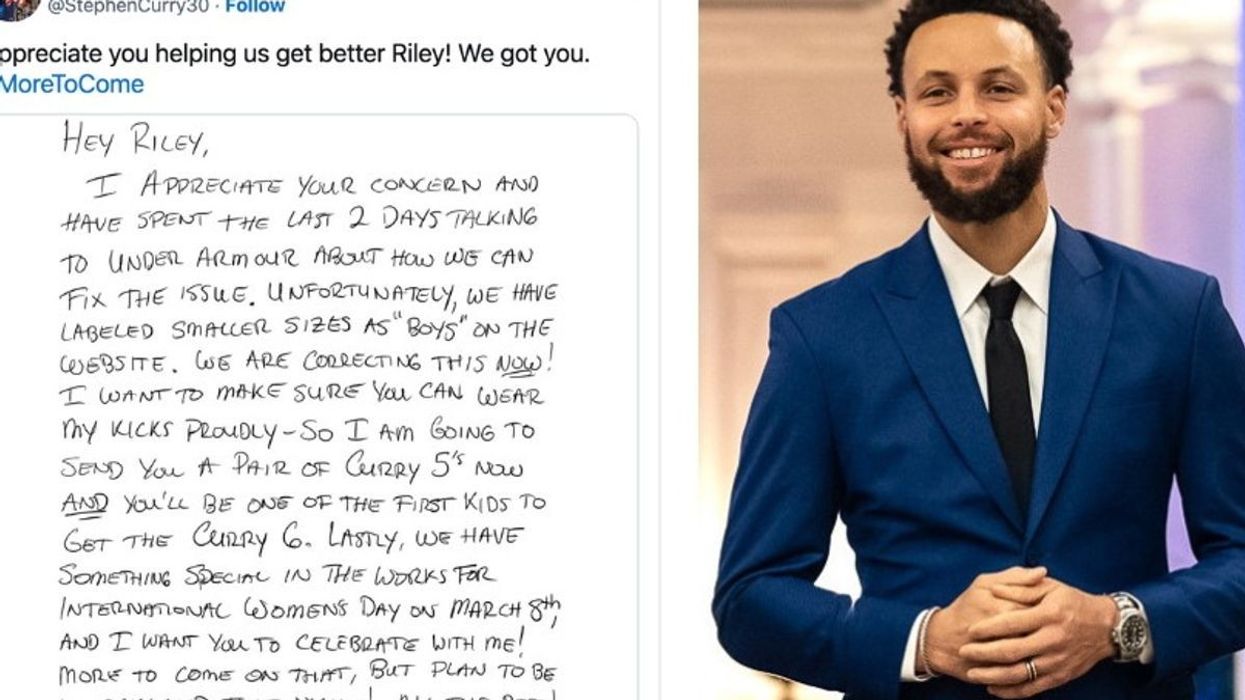A new alcohol addiction rehabilitation program, called Moderation Management (MM), is looking to challenge the standardized method of abstinence popularized by Alcoholics Anonymous. So far, it has the growing popularity and high success rates to back up its claims.
The program begins with 30 days of abstinence, followed by a slow reintroduction of alcohol, and eventually a plan to limit one’s intake: no more than 14 drinks a week for men, nine a week for women, and no drinking more than three or four days a week for either. This breaks down to roughly four drinks a night for men and three for women, the standard members use to track their drinks and moderate the amount they consume in a night out.
Moderation Management’s framework is based on organization director Michael Kern’s book Responsible Drinking. But the organization emphasizes that the program is flexible and assists people in finding their own path to success, as well as creating their own definition of success, according to the Guardian.
A key strength of the program is that members discuss the factors and situations that foster their problematic drinking habits. However, Moderation Management should not be considered therapy; there are no therapist in the room, and the moderator, a two-year MM “veteran,” gently redirects people from delving too deeply into their issues.
Moderation Management has been around since 1994, but it experienced a dark period from 2000 to 2012, tangled up in controversy over its founder, Audrey Kishline. But in the last few years, Moderation Management experienced a renaissance, strengthened by the launch of the US National Institute of Health’s Rethinking Drinking program. Additionally, a 2014 report from the Center for Disease Control helped MM’s cause by saying that “excessive drinking” is separate from alcohol dependency and also an important public health issue that is not being effectively addressed by current tools and programs.
“Historically, MM has been looked upon as enabling alcoholics, and then the tragedy with Audrey knocked us in the stomach and we really pulled back after that,” Kern told the Guardian. “Only now, in the last year and a half to two years, have we started to come out again. The notion of figuring out if you can moderate, rather than going straight to abstinence as step one of dealing with an alcohol problem, is pretty universal. I haven’t talked to every single person in AA, but I’m sure they’ve all tried moderation on their own. But before MM there was no book or guidelines or anything, so people would just go out and try moderation naively on their own, and without any support a lot of them would fail.”
Riding this momentum, Moderation Management added more in-person meetings (however, they’re all still non-mandatory) and last year, the organization launched a campaign around “Dryuary,” encouraging people to take the month of January off from drinking. The campaign was successful, and now they now plan to do it every year.
Kern’s work helping patients with moderation in a clinical setting has taken place for more than a decade and entails a formal therapeutic protocol, including a Breathalyzer and closely monitoring patients’ progress. Additionally, Kern successfully managed to get MM approved by California as a program for first-offender drunk drivers 15 years ago, according to the Guardian.
Kern and other Moderation Management members readily admit that for some, abstinence is the only way to overcome the issue of alcohol dependency. Instead, their goal is to show that the one-size-fits-all abstinence method is outdated and that their program provides a more manageable lifestyle for people who are at the beginning stages of risky drinking and don’t want to necessarily give up alcohol all together.
We’ll cheer to that.













